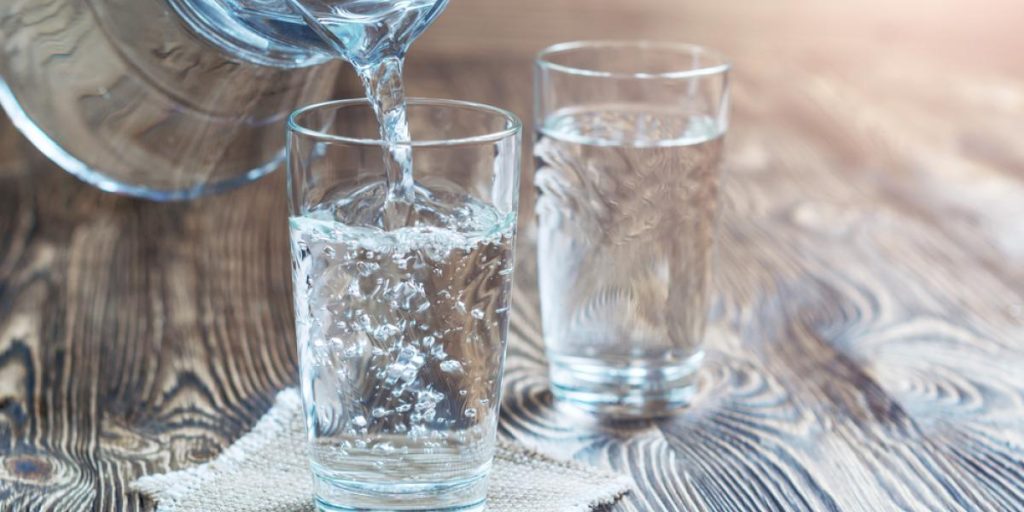With the summer heat in full swing, staying hydrated is important.
Others are reading now
You’ve likely seen influencers on social media suggesting that adding salt to water helps keep you quenched and hydrated longer by replacing lost electrolytes.
But is there any truth to this, and should you be adding salt to your water during a heatwave?
Here’s what you need to know before trying this trend.
The Role of Salt in Hydration
When adding salt to water, it’s typically just a small amount—a pinch—to purportedly boost hydration and provide other benefits.
Also read
Influencers often recommend using Celtic or Himalayan salt due to their mineral content, but nutritionally, these salts aren’t significantly different from regular table salt.
Pros of Adding Salt to Water
-
Electrolyte Balance: Sodium is an electrolyte that helps maintain the balance of fluids in your body. When you’re highly active and sweating a lot, adding a small amount of salt can help replenish lost sodium and keep you hydrated.
-
Quick Recharge: For those engaging in intense physical activities, a pinch of salt can help you feel recharged faster.
Cons of Adding Salt to Water
-
Excess Sodium: The Food and Drug Administration (FDA) notes that most people already consume enough, if not too much, sodium in their diet. Adding more salt to your water can lead to negative side effects such as bloating, headaches, and increased thirst.
-
Balanced Diet: Instead of focusing solely on sodium, it’s essential to consume other electrolytes like potassium, magnesium, and calcium. These can be obtained from a balanced diet without the need for added salt in water.
The Bottom Line
Should you add salt to your water?
For most people, especially those who aren’t sweating profusely due to intense exercise, this trend isn’t necessary.
Instead, focus on staying hydrated by drinking plain water and eating hydrating foods.
For those looking to boost their electrolyte intake, consider incorporating a variety of electrolytes into your diet through natural food sources rather than adding extra salt to your water.








